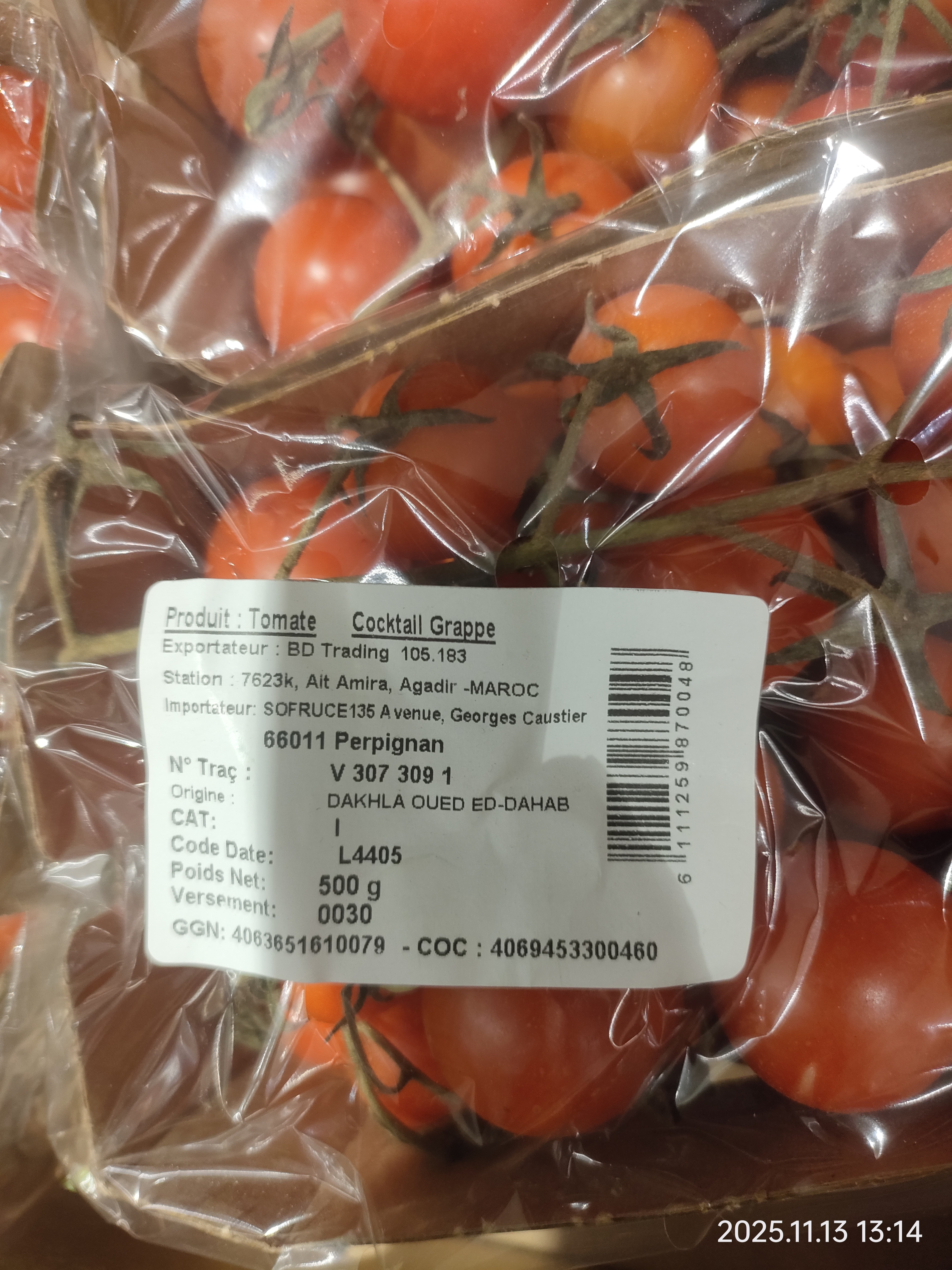Europapress
14 Dec 2011
Unofficial translation from Spanish by Western Sahara Resource Watch.
In a communiqué, the spokesman of Fedex (Federacion de Exportadores Hortofruticolas de Las Palmas) in Las Palmas, Roberto Guiriz, noted that the vote in the European Parliament is binding, and thus, that the fisheries agreement immediately has to stop.
“Without doubt, the Legal Services of the European Parliament, regarding the respect of the Human Rights of the people of Western Sahara, and other issues relating to the environmental aspects of the agreement have been determining for its refusal”, stated the spokesman.
Goiriz explained that the refusal could mean that the Agriculture Agreement will equally be voted down by the Plenary in the coming February, give. The agreement has been put in question by various groups of the parliament, since more than 50% of the tomato production is carried out in Western Sahara, and that until the status of Western Sahara has been settled, this production cannot be part of the agreement.
He added that the sector will follow its contact with different groups of the Parliament in order to succeed a refusal of the Agriculture Agreement with Morocco, due to the importance this will have for the production on the Canary Islands.
“How will it be possible to sign a new Agriculture Agreement with Morocco, if the current one has never been complied to by Morocco?”, he concluded.
Moroccan group to intervene in EU Court case about occupied Sahara
European Commission rectifies incorrect lobby figures
As the European Commission excerted pressure on the European Parliament to approve a controversial EU trade agreement with Morocco earlier this year, they claimed the agri-industry in Western Sahara was practically inexistant. The Commission has now stated it is twice the size as they said in February.
King of Morocco to be biggest benefactor of EU trade agreement
A new EU trade agreement that is set to boost the personal fortune of King Mohamed VI of Morocco is facing opposition because it promotes the exploitation of disputed territory of the Western Sahara. Source: The Telegraph, 29 Jan 2012.
EU’s labelling chaos already hitting supermarkets
A packet of cherry tomatoes sold this week in a French supermarket illustrates the confusion triggered by the European Commission’s rushed attempt to adapt EU consumer and trade rules to Morocco’s claims over occupied Western Sahara.

